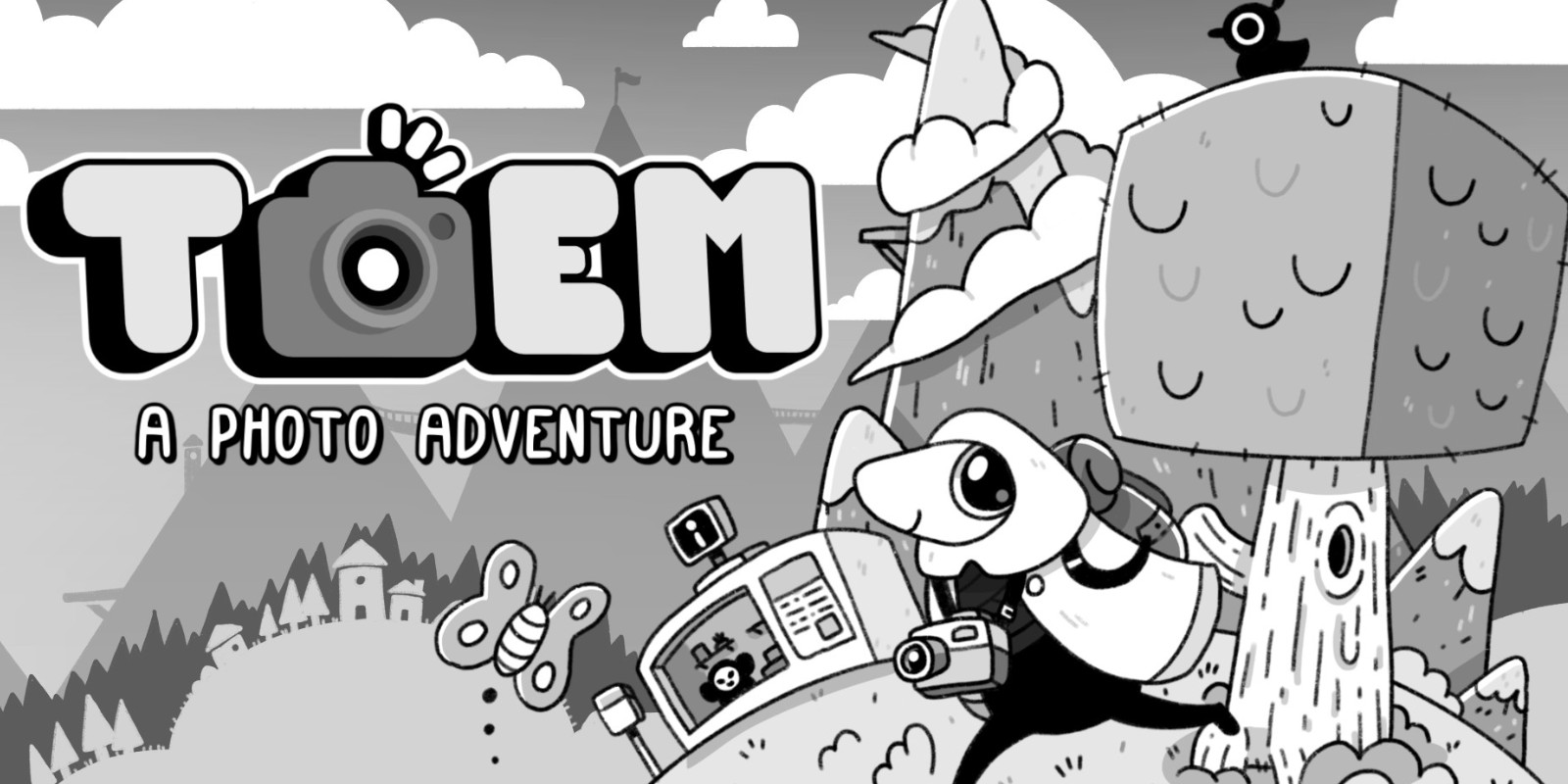Share
All XP No Initiative
D&D is cool, but have you ever tried leveling up with the power of teamwork? And no, I don’t mean setting up delayed fireball combos; I’m talking about tabletop RPGs with zero violence. Not possible, you say? That’s ok, we can peaceably disagree, and I’ll get experience for doing so. My power grows.
Writer and illustrator kittredge Drake is hosting a non-violent TTRPG jam for game designers to flex their creative skills creating games that don’t use any form of combat. The primary rule for participation is pretty simple.
Make your entry non-violent, whatever that means.
Designing Away from Combat
The community project is still ongoing, but already there are a few games submitted that grabbed my attention. The collection boasts solo journaling RPGs, explorative sailing adventures about rediscovering lost ancestry, as well as a few more still to come. I reached out to talk to kit, asking what inspired this jam. On speaking about our own experience with running RPGs and dealing with violence in campaigns, we spoke of a shared frustration in game design, and kit had the following to say on the subject:
“Someone on Twitter made a post asking for cute adventures, and there was a distinct lack. That got me thinking about what content we need more of, and non-violent adventures also seemed to be in short supply. If I want to encourage my players to be non-violent, I have to do a lot of extra work because adventures typically aren’t built around that.”
I would have to agree, most adventure design in TTRPG publishing is built around a final resolution of violence. And not to say that violence is never the answer, but rather that I am curious about how other groups interact with the game outside of combat. I’ve spent over ten years playing every edition of Dungeons & Dragons, and while I’ve certainly enjoyed my time, I am the first to admit that the game is built around fighting as a resolution before anything else.

Pressing Other Storytelling Mechanics
In recent years RPGs and TTRPGs alike have slowly been expanding to showcase content and design outside of the norm. Not to say that games designed around non-violence haven’t been around, but there’s been an inevitable increase in their amount and popularity even over the last few years alone. Roleplaying games are built around decision making, and tabletop games are especially unconstrained in their ability to create novel community experiences. As someone that’s run a lot of these games over the last few years, I’ve certainly felt the sting of monotony that comes from overdone conflict mechanics. I’m not as much interested in entirely non-combative RPGs as I am interested in the mechanics that arise from designing away from this game staple.
Chuubo’s Marvelous Wish-Granting Engine is another such game that peers at the typical mechanics approach uniquely. This TTRPG isn’t exactly free of any combat, but the game itself doesn’t focus on it as a goal. And glancing over the rules, it seems to work very well for itself. It’s also diceless, and that’s pretty neat.
A History of Non-violence
Between looking at Chuubo’s, and the submissions to the jam, It has me thinking about the TTRPGs I’ve run in the past. What was the early day game that had the most compelling relationship between combat and social mechanics? Legend of the Five Rings and Vampire the Masquerade comes to mind. The mechanics in both games did precisely what I am most interested in now. They pushed us toward narratives that didn’t always end in bloodshed but often in just as much tension and drama. And that’s really what we all wanted, or at least what I certainly am interested in now. Though both of these games still had relatively extensive fighting rules, neither were inherently non-violent the way these community games strive to be.

Non-violent Adventures Jam
I recommend looking at some of these smaller games in this community deposit. Even if the stories you want to tell around your table center around combat, you may find a nugget of influence or mechanics that inspire the moments outside. After reading through I’ve already found a few that have piqued my interest, even if I may never get the time to sit down and run them in a dedicated fashion. They’re absolutely worth taking a look at for the game design implications alone.
I’ve gone ahead and listed some other and previously mentioned TTRPGs that have an uncommon design philosophy centered around pursuits beyond the usual goals in their contemporaries. While most of these games have combat within them, their implication isn’t exclusively or majorly leaning that direction.
Regardless, whatever you and your group prefer to play, there’s a game for everyone and everything, especially in the independent publishing scene. While most people are homebound and looking to try something to shake up the mundane routine, now is an excellent time to reach outside these comfort zones. So if you have the time to do so, get out there and check out something new; you might be surprised to see how much your regular d&d group likes it.

Applying the trend to video games
The trend of video games having goals outside of hack and slashing is not something new. Most RPGs share the same blood, spit, and HP as the progenitors of pen and paper, so it wouldn’t be too shocking a discovery to note that they’ve followed similar trends. RPGs aren’t the only form of game that can attempt to present themselves without combat’s standard conventions.
Kind Words is a beautiful example of not just genre change in a game, deviating away from the typical expectations of games like themselves to be something entirely different. Not just a game lacking violence but a game that I would argue is antiviolence. The goal is to spread positivity and encouragement, and not just to small-town fairing sprites that desire good deeds in repayment for pixelated floating hearts, but rather real people, people in actual need of comfort and kindness.
Games like Kind Words are frequently in my thoughts. Much like the refusal of adherence to the status quo in TTRPGs, I’m equally excited to see how these limits can be pushed in video games. I often see the phrase experimental attached to a game steeped in gore, but… is overtly absurd and extreme violence experimental? It’s undoubtedly fun but hardly experimental. Kind Words is an experimental game because it is actually an experiment. In being that different, it presents a gameplay loop that, for all of its genuineness and kindness, is so rebellious from its steam neighbors that it hardly seems a game at all, and I can’t wait to play and see more like it.
You can check out the jam here.
You can see more of Kind Words here.




